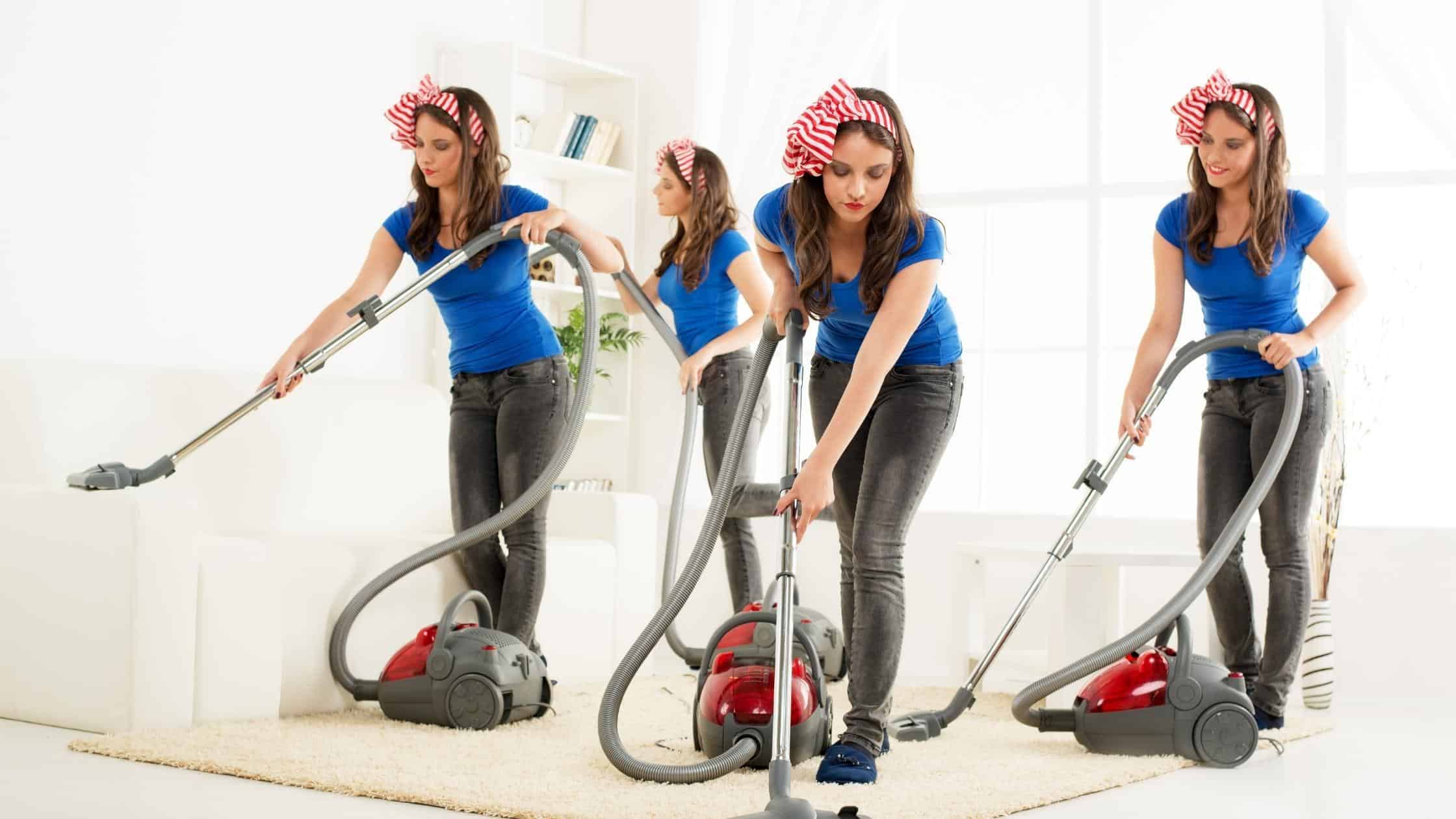
- How Spending Time Outdoors Enhances Hearing Health - July 16, 2024
- Exploring the Impact of Sports on Hearing Health - July 3, 2024
- The Impact of Diet on Hearing Loss - June 28, 2024
We are constantly exposed to noise. From waking up to an alarm clock, to listening to music or a podcast, and taking a walk through your neighborhood – noise is part of our daily lives. While much of the everyday noises we are taking in aren’t necessarily harmful, there are household items that you regularly use that could be potentially hazardous for hearing health. One time or consistent exposure to higher levels of noise can contribute to the development of noise induced hearing loss – a permanent type of hearing loss that reduces one’s ability to perceive and process sound. Reducing your exposure to noise and integrating safety measures can effectively protect your hearing health.
Impact of Loud Noise on Hearing
Loud noise exposure is a common cause of hearing loss. It can damage the hair cells in the inner ear which play an integral role in how we absorb, process, and understand sound. These hair cells, located in the cochlea, convert incoming sound waves into electrical signals which get carried to the brain. The brain is then able to further process and assign meaning to these signals which is how we are able to understand what we hear.
Loud noise can cause hair cells in the inner ear to become desensitized and/or die, preventing them from sending the brain auditory input. The brain then works harder in trying to receive and process sound, producing hearing loss. Unlike other types of cells we have, hair cells in the inner ear do not regenerate. There are also no medical treatments that can replenish these cells or correct any damage. This results in permanent, noise induced hearing loss.
Everyday Items That Could Damage Hearing
You are likely wondering how loud does sound have to be to impact hearing. Well, sound is measured in decibels (dB) and noise above 85dB can be potentially dangerous for hearing health. This is the equivalent of busy city traffic or a noisy restaurant during peak hours. There are numerous household items that you likely use regularly which produce hazardous levels of noise. A few examples include the following:
- Household appliances: various household items and appliances that we use daily make sound that is near and above 85dB. This includes:
- vacuum cleaner, lawnmower, hairdryer: up to 90dB
- blenders, juicers, food processors: up to100dB
- power tools (power drills, chainsaw, etc.): up to 110dB
- Headphones: another household item that is part of daily life is headphones or earbuds which have become a common way to listen to audio. Many devices on their highest volume settings exceed 85dB. This includes the iPhone which can reach 102dB.
In addition to household items that can contribute to noise induced hearing loss, there are additional items that can damage hearing health in other ways, this includes:
- Medications: ototoxic medications refer to medications that have a toxic impact on the ears and nerves that are part of the auditory system. Extensive research shows that there are numerous types of medications that can be ototoxic. This includes specific types of antibiotics as well as ibuprofen, and aspirin.
- Cotton Swabs: cotton swabs are a bathroom essential item. But did you know that they were never meant to be used solely to clean ears? Experts actually advise against using cotton swabs which can push earwax further into the ear, contributing to ear infections and even injury which can lead to hearing challenges
It is important to practice safety measures that can mitigate the harm of these everyday items.
Tips to Protect Hearing Health
There are numerous ways you can protect your hearing health from the risks of household items. A few simple tips include:
- Wear hearing protection: this includes headphones, earbuds, earmuffs etc. which provide a protective barrier for the ears. This reduces the amount of loud noise that is absorbed.
- Maintain low volume settings: avoid increasing the volume on electronic devices. If you are unable to hear someone at an arm’s length, this is an indication that the volume is too loud.
- Take listening breaks: power off any appliances or sources of noise so you can be in a quieter environment a few times a day. This provides the ears and brain with a break from constantly absorbing and processing sound.
- Avoid using cotton swabs: use a soft cloth or warm water to irrigate the ears and remove earwax.
These tips can significantly reduce the risk of harming your hearing. Contact us to learn more about how you can protect your hearing health.
